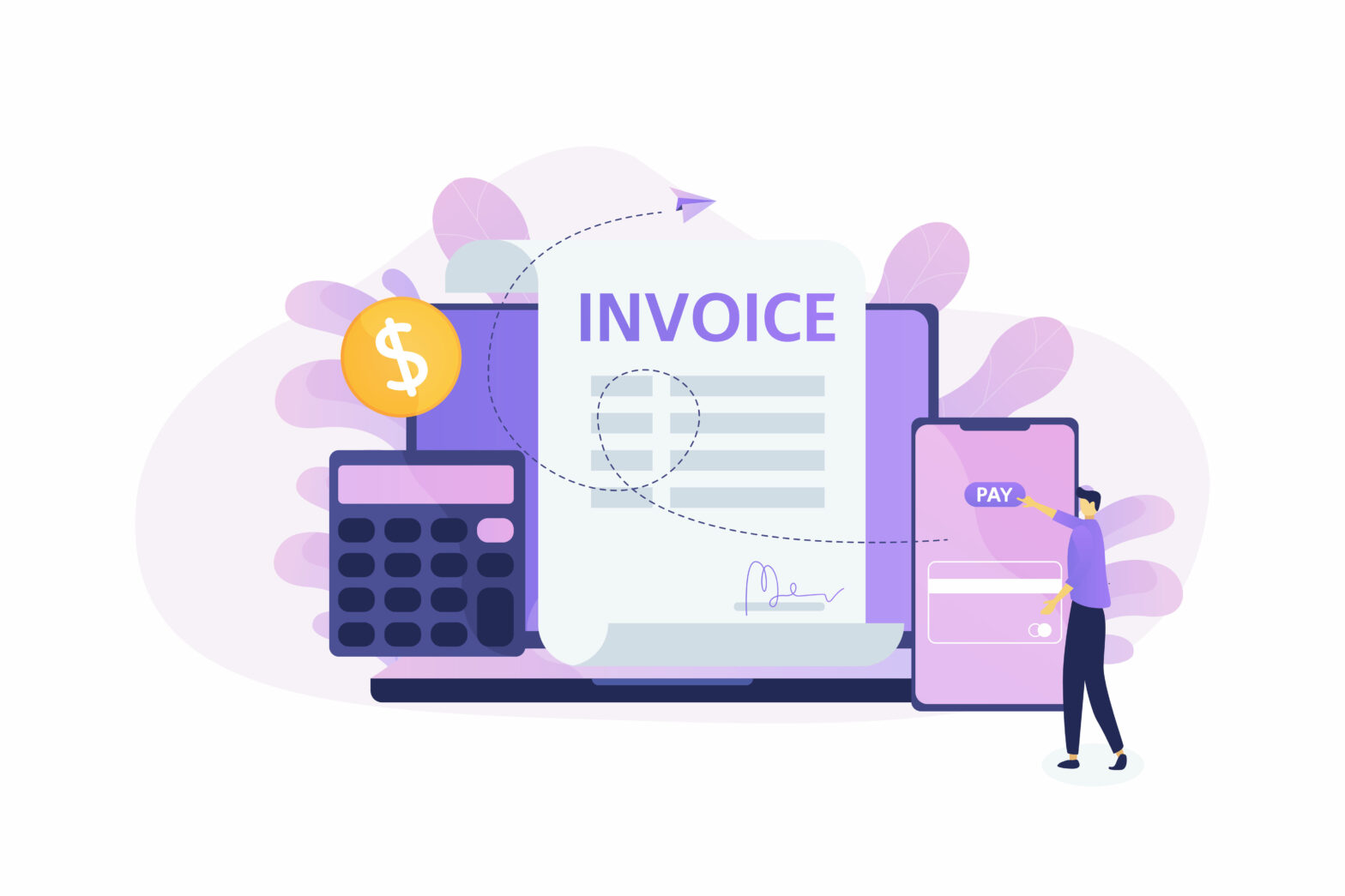The manufacturing industry is the heartbeat of the UK’s economy and accounts for 15% of the country’s gross domestic product (GDP) and 55% of total exports. The industry’s data confirmed a positive start to 2012, ensuring that the country stays on top of its budget and avoids a potential double-dip recession. However, just like any other industry, manufacturing often experiences cashflow issues.
Industry challenges
Manufacturers haven’t had it easy in recent years. The global economic climate, rising raw material costs and technological advancements have hit manufacturers hard and it’s made even harder as customers take 30 or even 90 days to complete payment for sales invoices.
The manufacturing industry is reliant on the necessity for supply and demand. Goods are manufactured from materials that have to be purchased before payment is received for the finished product. This often requires an initial lump sum investment that is not always possible. This creates a huge cashflow gap that if not managed properly, could lead to business failure.
Nonetheless, manufacturers are still under pressure to meet weekly payroll obligations, pay creditors and source materials from suppliers. Exporting challenges such as differing payment terms and even surprise repair bills can also cause very unpredictable and inconsistent cashflow cycles.
What funding options are available to manufacturers?
Invoice finance for manufacturers
Invoice finance is a facility that provides working capital to manufacturing firms. It releases up to 95% of the cash tied up in invoices, usually within 24 hours. The funds released can bridge the cashflow gap between the payment of orders, production costs and the receipt of invoice payment.
With margin pressures and an ever-changing technological environment, invoice finance could play a huge part in freeing up restricted cashflow, as more and more businesses are not getting the right support from the banks.
Invoice finance can also help manufacturing firms recover their debt simply and at their convenience. This is by means of a factoring facility where the finance provider manages their sales ledger and debt collection. The credit control function can enable a manufacturer spend less time chasing customer payments and more time growing the business. Invoice discounting on the other hand can be a particularly attractive option for manufacturing firms with in-house accounting procedures and credit control systems.
The facility can also be administered on a confidential basis, where the customers involved are not aware of the lender’s involvement. In addition, by means of a non-recourse arrangement, the business is covered against any form of bad debt, which provides extra piece of mind.
Asset Finance for Manufacturers
For manufacturers that rely heavily on the purchase of equipment and tools for the production of finished goods, asset finance could be a cost-effective funding solution.
Asset finance is a facility that enables businesses to acquire new assets without having to pay the full costs up front. The manufacturing firm pays an initial deposit (typically 10% of the asset value), with the remainder of the balance and interest paid over an agreed fixed contract period, on a monthly basis.
Depending on the nature of the agreement, the manufacturing firm can decide whether to own the asset after the lease or not.





